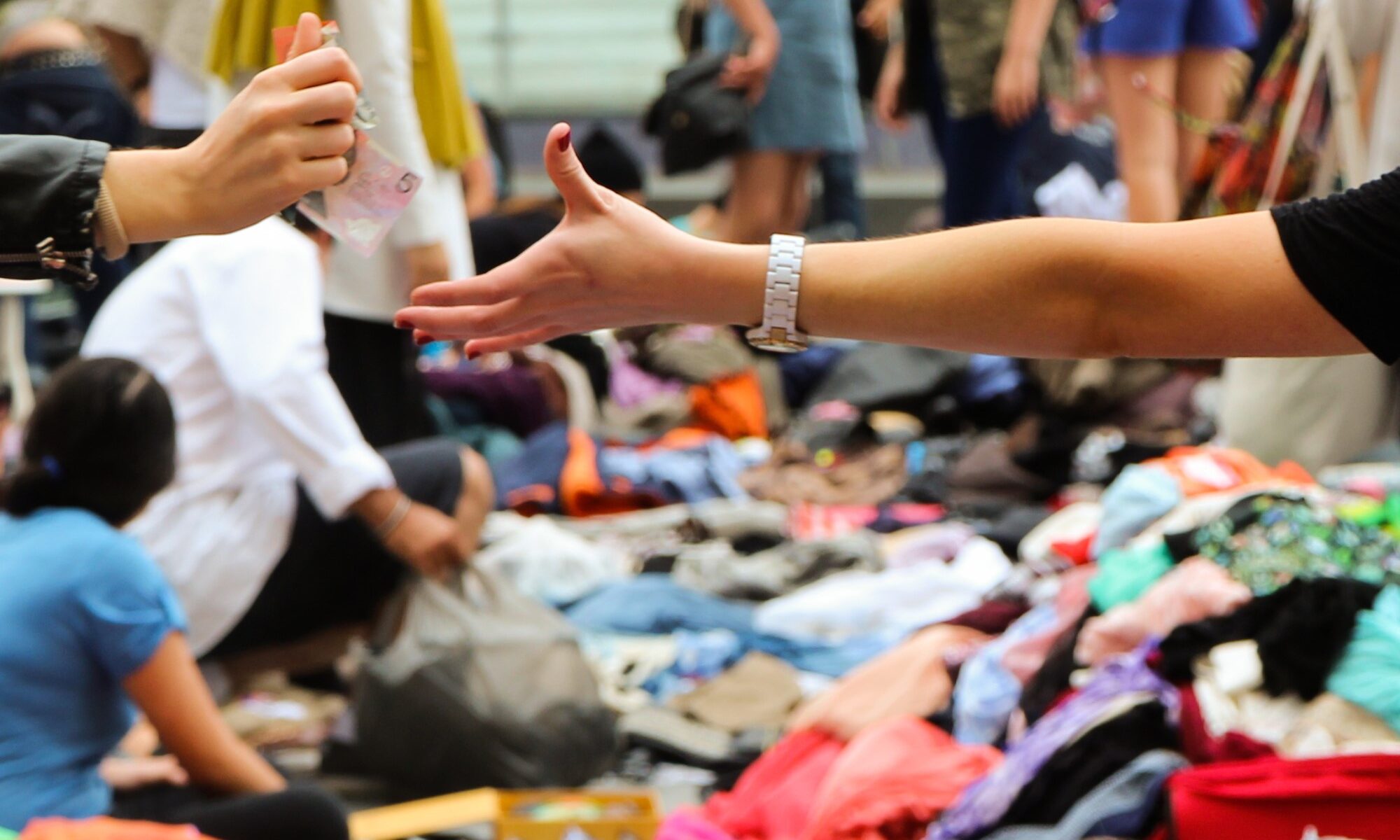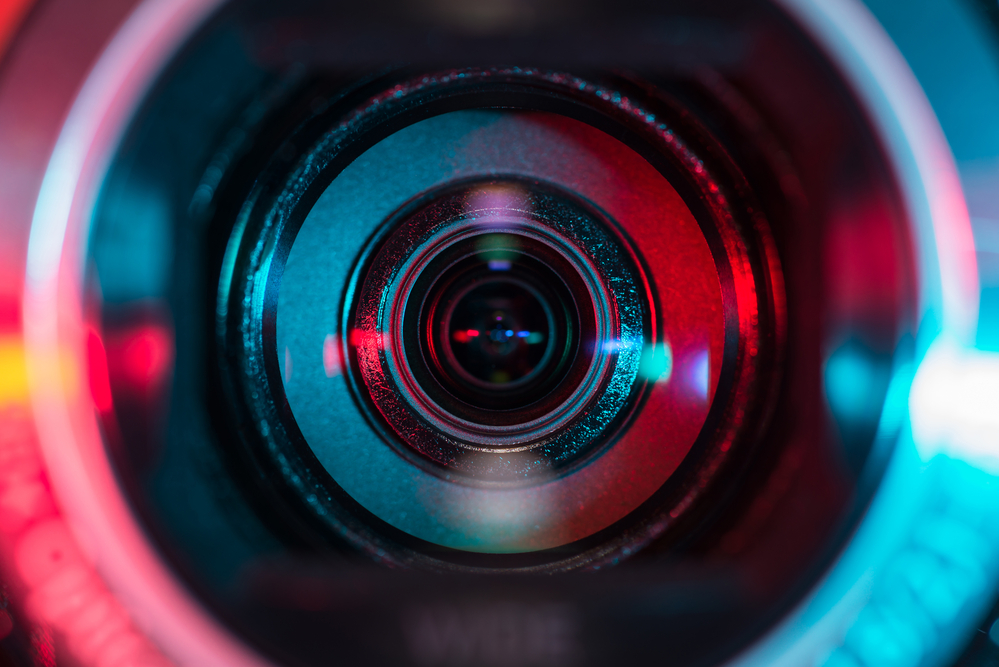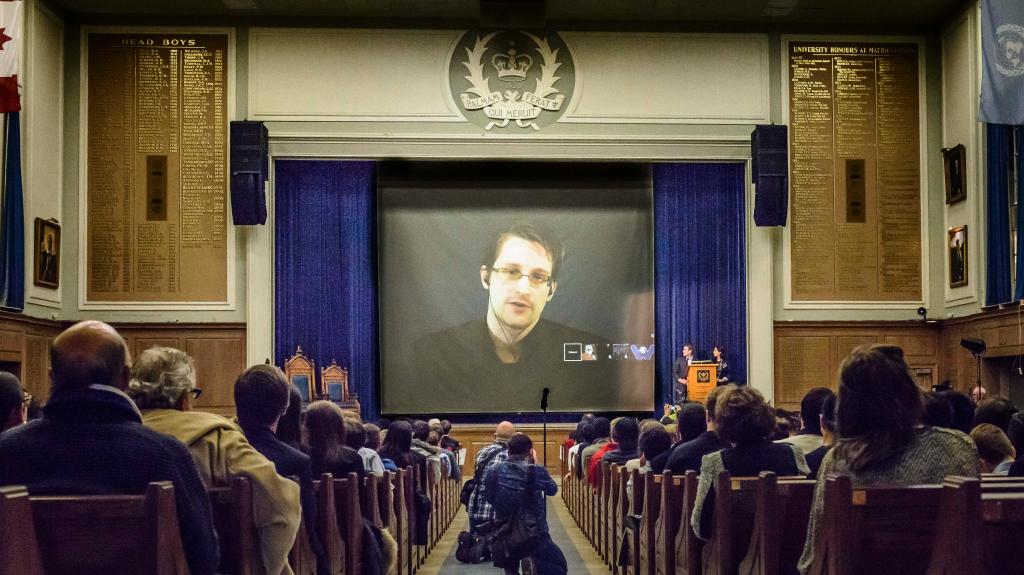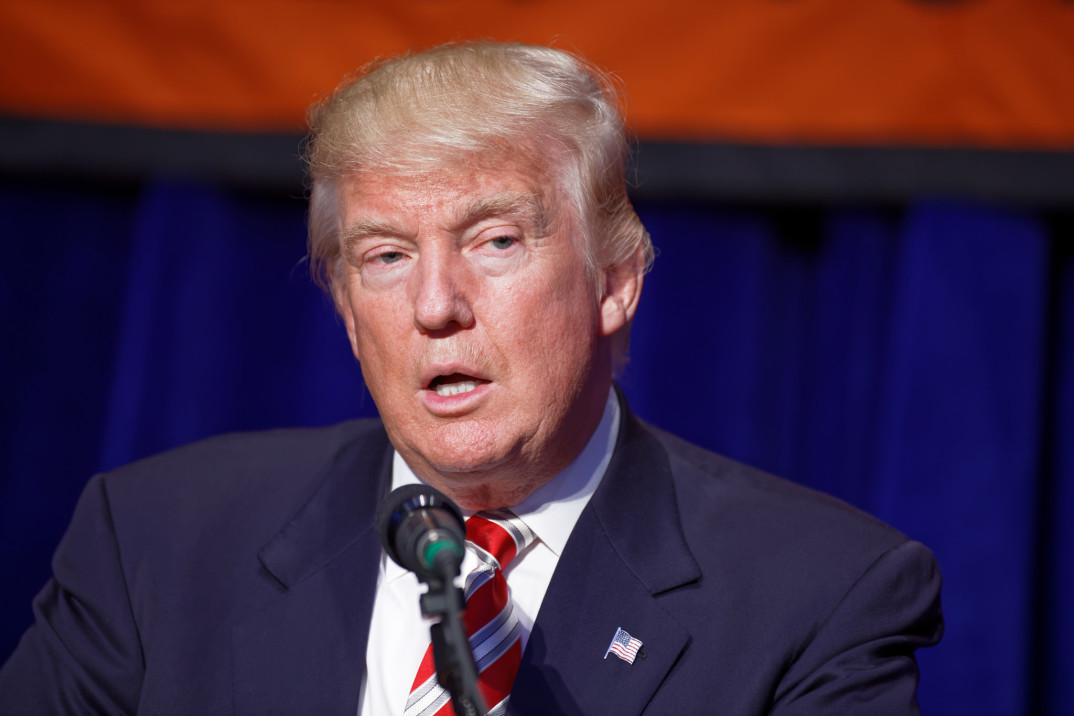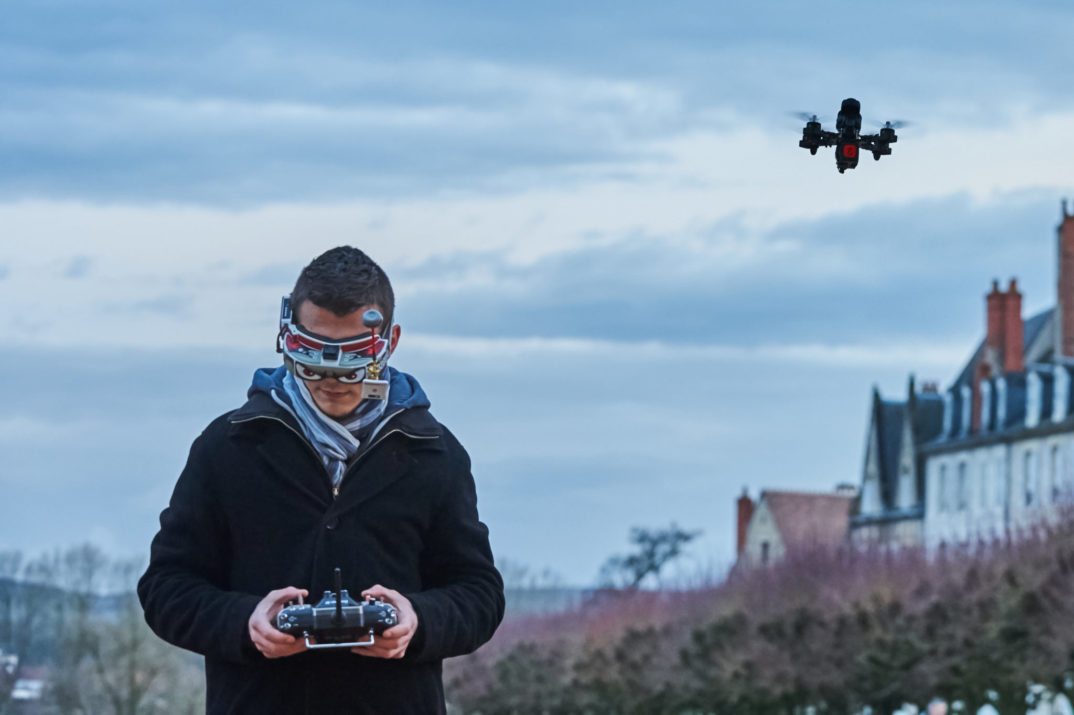Anyone who has played a contact sport like rugby or American football will tell you that it is tough. The physicality of such games — from the speeds at which players must move to the colossal collisions they endure when tackled and tackling — is extreme, and with any sport involving such physical demands comes the risk of injury. Indeed, it is not unheard of for rugby players to experience dislocations, fractures, and, in some of the worst cases, paralysis or even death as a result of game or training activities. It is no surprise that the governing bodies of such sports (like the NFL or World Rugby) are constantly considering methods to reduce the risk to players.
Their motivations can be viewed from several angles. For the compassionate and optimistic amongst you, such bodies are taking an active interest in the well-being of their players. They recognize that these athletes give their all, and the governing bodies want to ensure that the players are as healthy and play as safely as possible because the players are people, and the organizing bodies genuinely care about them. The colder, pessimistic amongst you might think that the bodies try to make changes not out of care for the players but for themselves. The safer the sport is, the less likely governing bodies are to be subject to financial claims by injured players. Also, it costs a lot to train players to the point they can play professionally, and safeguarding players’ health brings a safeguarding of significant financial investment.
For my two cents, I suspect there’s a mixture of both. These organizing bodies do care about their players and don’t want them to get hurt, but they also recognize that it is in their financial interest to do what they can (to a degree) to make play as safe as possible.
The methods by which play can be made safer take different forms. One of the most common is changes to the rules. The idea is that by banning dangerous strategies and behaviors, players will be less likely to get injured by reckless collisions. For example, in 2020, World Rugby revised the rules around high tackles (tackles that directly impact the tackled player’s head) to reduce trauma to the neck and brain. While the creation, modification, and enforcement of game rules can help prevent harm, they don’t necessarily help detect or respond to injuries when they occur; especially if match officials don’t see an injury. After all, pitches can be chaotic, and referees only have one pair of eyes. It can sometimes be incredibly difficult to identify, in the rush of play, when someone might have been injured, especially if that player hasn’t noticed themselves.
To that end, this year, World Rugby mandated the use of smart mouthguards in all professional training and games. Unlike traditional mouthguards that only protect players’ teeth, smart mouthguards come with embedded sensors that track the forces and events players’ heads experience during play. This provides a new avenue for understanding and potentially preventing injuries like concussions, which can have devastating long-term health impacts.
Before getting into the weeds of the potential ethical issues that such a form of tracking brings, however, I want to be clear that I am overwhelmingly in favor of this technology. The damage that can be caused during high-contact sports can be terrible, and effective methods of reducing and redressing injury should be welcomed. That being said, though, smart mouthguards come with some ethics concerns, specifically around the nature of the data it captures, that cannot be overlooked.
Now, we can’t jump into all the issues here; there are far too many. So, I’m going to focus on what I think is the key one: player choice. (If you want to read about some more, you can go to this blog post that a co-author and I wrote, or, if you really want to get into it, this article).
As mentioned, this year, World Rugby mandated that all elite players use smart mouthguards when playing in games or when training. If they refuse and do not have a medically justifiable reason for doing so, they are subject to the “recognize and remove” policy. In short, that policy states that if a player gets hit in the head, and there is any suspicion that such a hit might have caused a concussion, that player will have to sit the rest of that game out. This means that they cannot go to team medics to be checked out and assessed and, potentially, come back onto the field if they are given an all-clear, which is what normally happens. For those who refuse to wear a smart mouthguard, that’s just not an option.
So, on the face of it, players do, technically speaking, have a choice when it comes to smart mouthguards and, thus, having their data tracked. They can either wear the mouthguards and have details about their personal health collected and stored (potentially indefinitely), or, if they choose, they can go without.
But this is an oversimplification. Players must sacrifice an incredible amount to get to the level of a professional sports athlete. Time, money, energy, relocating to chase contracts, not to mention all the health risks (and inevitable injuries and pain) that come with playing sports – all before you even get to a professional level. And while most would say that they couldn’t see themselves doing anything else, this just adds to their work pressure. Investing so much into your dream job means that anything that might jeopardize your ability to play is likely to be seen as a danger, one that should, if possible, be avoided. Here, the risk of coercion might emerge, and thus a compromise of autonomy and player choice.
If you are at a greater risk of being removed from a game, be that rugby in this instance, because you refuse to wear a smart mouthguard and thus are subject to the recognize and remove policy, then you are a less attractive prospect for your manager. After all, why would they pick you for the team when they could instead go with a player who is compliant and doesn’t run the risk of being removed under the mere suspicion of an injury? Given that it’s your dream job and everything you would have sacrificed to have a shot at playing professionally, you are likely to simply go with the flow. So, there is a huge degree of pressure on players to wear these mouthguards simply to show that they are a team player who won’t put at risk their team’s chances on the pitch.
Additionally, this pressure will come at players from different angles depending on their level of security within the team. Star players may feel the pressure to conform from above as management wants to minimize the chance of such valuable players being removed from the field of play. Less experienced players, whose place on a team has only just been secured and is, thus, tenuous, might feel the pressure to conform simply so that management doesn’t replace them with someone else.
What both result in is pressure to use a technology which records intimate health data that those players weren’t having recorded before. And, as is so often the case when it comes to health decisions and biometric data collection, it is paramount that we protect and promote the freedom of choice that individuals have, especially those in vulnerable situations.
Now, as I said earlier, I’m not against the usage of this technology to help prevent harm to players. But what I think is essential is that we openly recognize that asking players to wear these devices places pressure on them to have their health data collected and monitored in a way which hasn’t been done before. This is something that they should be able to make a decision about free from pressures that might coerce or influence their decision-making. If we don’t do that — if we assume that players will invariably be fine with such data collection, or worse, force them into it regardless of how they might feel — we risk not only making the sport less desirable for those who may have a real passion for it but also infringe upon some pretty fundamental freedoms that, in other situations, we might feel very uncomfortable about.
Ultimately, how would you feel if your boss or teacher said if you wanted to keep coming to work or class, they wanted access to your biological data? It is this scenario we risk if we fail to consider the smart mouthguard question.


